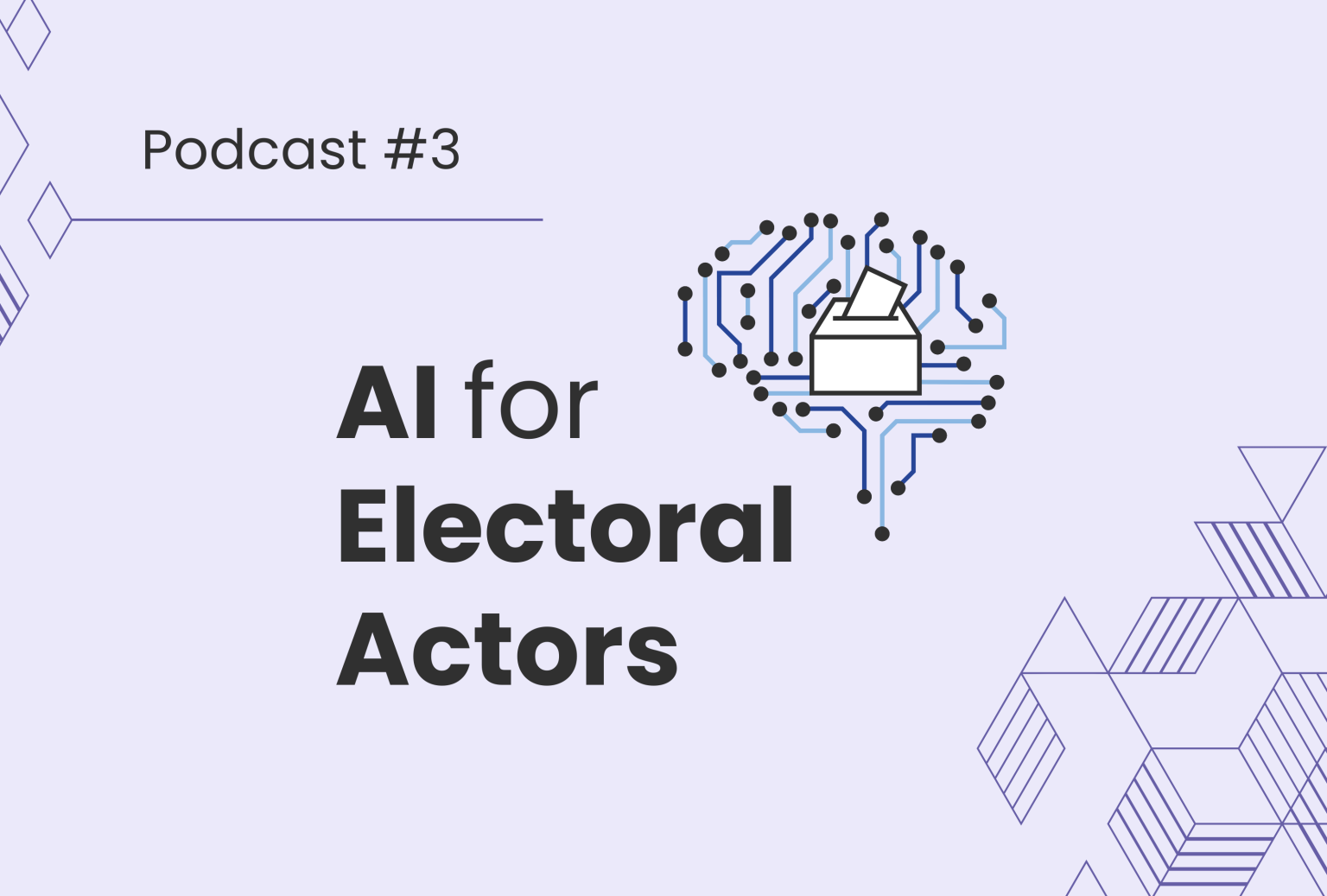Listen to the article
Latin America Faces Mounting AI Challenges in Electoral Processes
Artificial Intelligence is reshaping electoral landscapes across Latin America, creating both unprecedented challenges and opportunities for democratic institutions. As the region grapples with rapidly evolving technologies, electoral management bodies are increasingly strained by the dual threats of AI-amplified disinformation and political polarization.
Regional experts note that the problem extends beyond technological complexity. The private sector’s dominant role in AI development has created significant barriers to transparency and accountability, potentially undermining electoral integrity throughout Latin America. This power imbalance has left many governments scrambling to develop regulatory frameworks that can keep pace with technological advancements.
“The critical issue facing Latin American electoral authorities is how to harness AI’s benefits while effectively mitigating its risks,” said Juliane Müller, Associate Programme Officer at International IDEA’s Digitalization and Democracy Programme. “There’s an urgent need for holistic AI frameworks that are tailored to the region’s specific context.”
The situation is particularly complex in countries with upcoming elections, where election management bodies must navigate these challenges with limited resources and technical expertise. Several countries, including Brazil and Mexico, have already experienced significant AI-related electoral disruptions, from deepfake videos of candidates to sophisticated misinformation campaigns that leverage machine learning algorithms to target vulnerable populations.
Despite these challenges, experts see potential in AI’s constructive applications for electoral processes. When properly governed, AI can enhance efficiency in vote counting, improve accessibility for citizens with disabilities, and strengthen fraud detection systems. Some electoral authorities are even exploring how to use AI tools to identify and counter disinformation—essentially fighting fire with fire.
Natalia Zuazo, a digital policy expert based in Argentina and founder of the digital transformation consultancy SALTO, emphasizes the importance of regional cooperation. “Latin American countries share many common challenges in this space, but they often approach regulation in isolation,” said Zuazo, who also serves as a senior consultant for UNESCO’s regional office in Montevideo.
According to Zuazo, the intersection of technology, human rights, and governance requires collaborative approaches that transcend national boundaries. Her work with International IDEA during the AI for Electoral Actors workshop in Panama earlier this year highlighted the need for shared knowledge and coordinated strategies across the region.
The AI regulatory landscape in Latin America currently reflects a patchwork of approaches. Some countries have embraced comprehensive AI governance frameworks, while others have focused on sector-specific regulations or rely on existing laws. This inconsistency creates potential loopholes that sophisticated actors can exploit during electoral periods.
Market analysts note that Latin America’s position in the global AI ecosystem also complicates matters. As primarily consumers rather than developers of AI technologies, countries in the region have limited leverage over how these tools are designed and deployed. This dependency creates additional vulnerabilities that electoral authorities must address.
The International IDEA’s AI for Electoral Actors project aims to bridge this gap by raising AI literacy among electoral management bodies across multiple regions, including Africa, Asia and the Pacific, Latin America and the Caribbean, and the Balkans and Eastern Europe. Through educational initiatives and practical workshops, the project helps election officials develop the knowledge and tools needed to navigate AI-related challenges.
As Latin American countries look toward future electoral cycles, the development of long-term strategic visions for AI governance has become increasingly urgent. These strategies must balance innovation with protection of democratic values and electoral integrity.
The conversation around these issues continues to evolve through forums like International IDEA’s podcast series, which features discussions with regional experts on the intersection of AI and democratic processes. Through such initiatives, stakeholders across Latin America are working to ensure that technological advancements serve to strengthen rather than undermine democratic institutions.
Verify This Yourself
Use these professional tools to fact-check and investigate claims independently
Reverse Image Search
Check if this image has been used elsewhere or in different contexts
Ask Our AI About This Claim
Get instant answers with web-powered AI analysis
Related Fact-Checks
See what other fact-checkers have said about similar claims
Want More Verification Tools?
Access our full suite of professional disinformation monitoring and investigation tools




10 Comments
This is an important issue that deserves close attention. I hope Latin American leaders are able to find effective ways to harness AI’s benefits while robustly safeguarding electoral integrity.
As Latin American countries harness AI’s potential benefits, they must also be vigilant about the risks. A careful, context-specific regulatory approach is essential to safeguarding electoral integrity.
Disinformation amplified by AI is a serious threat to electoral integrity that Latin American countries must address. Developing holistic regulatory frameworks tailored to the region’s context will be crucial.
Agreed. Strengthening democratic institutions and public awareness will also be important to combat the spread of AI-enabled disinformation.
The article highlights the need for Latin American governments to act quickly to get ahead of the curve on AI-enabled disinformation. Proactive, evidence-based policymaking will be crucial.
The private sector’s dominant role in AI development is concerning. Governments need to find ways to increase transparency and public oversight to ensure these powerful technologies serve the public interest.
Polarization and a lack of transparency around AI development are deeply concerning trends. Strengthening democratic institutions and public trust will be vital to mitigating these risks.
Striking the right balance between AI’s advantages and its threats to democracy is a major challenge. I’m curious to see what specific solutions Latin American countries develop in response.
Yes, it will be interesting to monitor how different countries in the region address this complex issue. Collaborative, regional approaches may be beneficial.
Interesting to see how AI is impacting elections in Latin America. It’s a complex issue with both benefits and risks that need to be carefully navigated by governments. Transparency and accountability around AI development will be key.